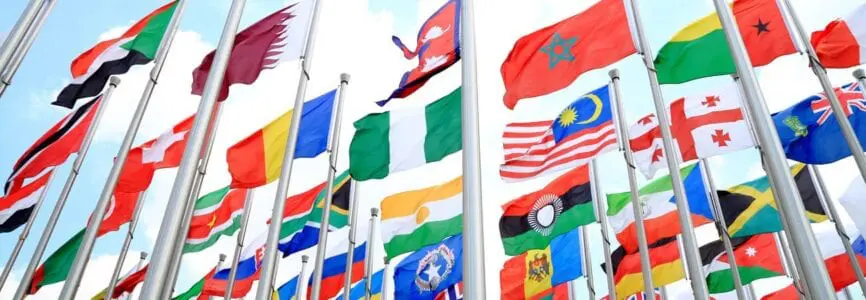Bioethics Forum Essay
What Role Should Bioethics Play in Global Health?
I appreciate Dr. Benatar’s essay on the role of bioethics in confronting the challenges of global health inequities. His article aptly catalogues the contributing factors–both specific to health and otherwise–that weigh heavily on our unequal world. More importantly, Dr. Benatar’s focus on the role that bioethics ought to play in ameliorating the burden of these inequities warrants greater attention.
The contours of bioethics as a discipline have often eluded precise definition. We have come to think of the reach of bioethics as encompassing issues that touch nearly every corner of medicine, public health, politics, philosophy, law, sociology, and science, to name just a few. As Dr. Benatar details, the rising inequities touch a similarly expansive set of interwoven issues. The complexity of these issues is staggering.
At the international level, bending the trajectory of inequities requires not only meaningful consensus across nations, but also a deep commitment from individual nations toward incorporating shared values into their domestic policies. As Harold Hongju Koh has stated in the context of articulating why nations obey international law, we owe much of the strength of global policies to the internalization of international norms within the self-defined identities of domestic institutions.
Dr. Benatar is right to stress the importance of Dr. Potter’s classic conception of bioethics as joining together the sciences with a shared global commitment to human values. We have, I believe, left behind narrow conceptions of bioethics for a richer, more comprehensive view of its proper role in both academic and policy-making circles. However, despite an obvious place for bioethics in addressing global inequities, we have not fully articulated the role that it should play in such conversations. If we are to take seriously such a role, we must first recognize that bioethics cannot assuage every concern. Other actors–both state and nonstate entities–must bring their expertise to bear on altering the current trajectory of global inequities. For bioethics, though, I see no less than three ways that it should contribute to such a project.
First, unlike other disciplines, bioethics developed as a field atop a strong foundation in moral philosophy. This foundation has significantly contributed to policy debates. Addressing inequities at the global level necessitates a fuller understanding of the complexity of our shared value system, a task for which such a foundation is well-prepared. Bioethics should draw from this strength to articulate and organize the complex set of normative viewpoints underlying the rise of global inequities.
Second, bioethics benefits from an uncommonly broad intellectual base. Bioethicists have been trained as physicians, lawyers, political scientists, sociologists, and anthropologists, among others. Given the need for a transdisciplinary approach to reducing global inequities, as Dr. Benatar rightly contends, bioethics is well-positioned to contribute by utilizing its unique intellectual breadth to address the varied and complex set of factors that contribute to the rise of global inequities.
Finally, at the policy level, bioethics should look to its established domestic and international committees and advisory panels, such as the United Nations Educational, Scientific and Cultural Organization (UNESCO) International Bioethics Committee and the Presidential Commission for the Study of Bioethical Issues, to drive meaningful dialogue on reducing global inequities. While the specific roles of such bodies vary, their importance in the policy-making process has been notable, particularly in the United States. As the purview of bioethics continues to widen, the involvement of such bodies in addressing the challenges posed by global inequities stands to enhance the degree to which bioethics can, as Dr. Benatar envisions, affect a paradigm shift in our approach to global health.
Nicholas J. Diamond trained in law and bioethics, and currently works on domestic health policy matters in Washington, D.C. He is also a Master of Laws (LL.M.) candidate in global health law at Georgetown Law.
Posted by Susan Gilbert at 04/11/2014 10:22:48 AM |













